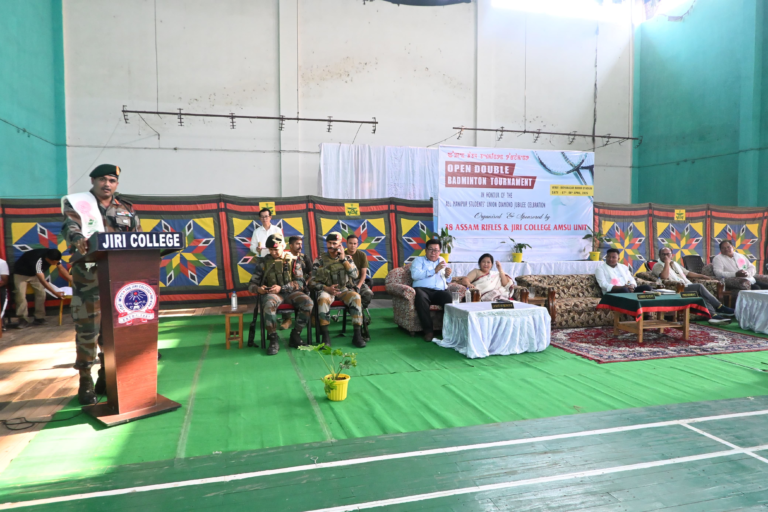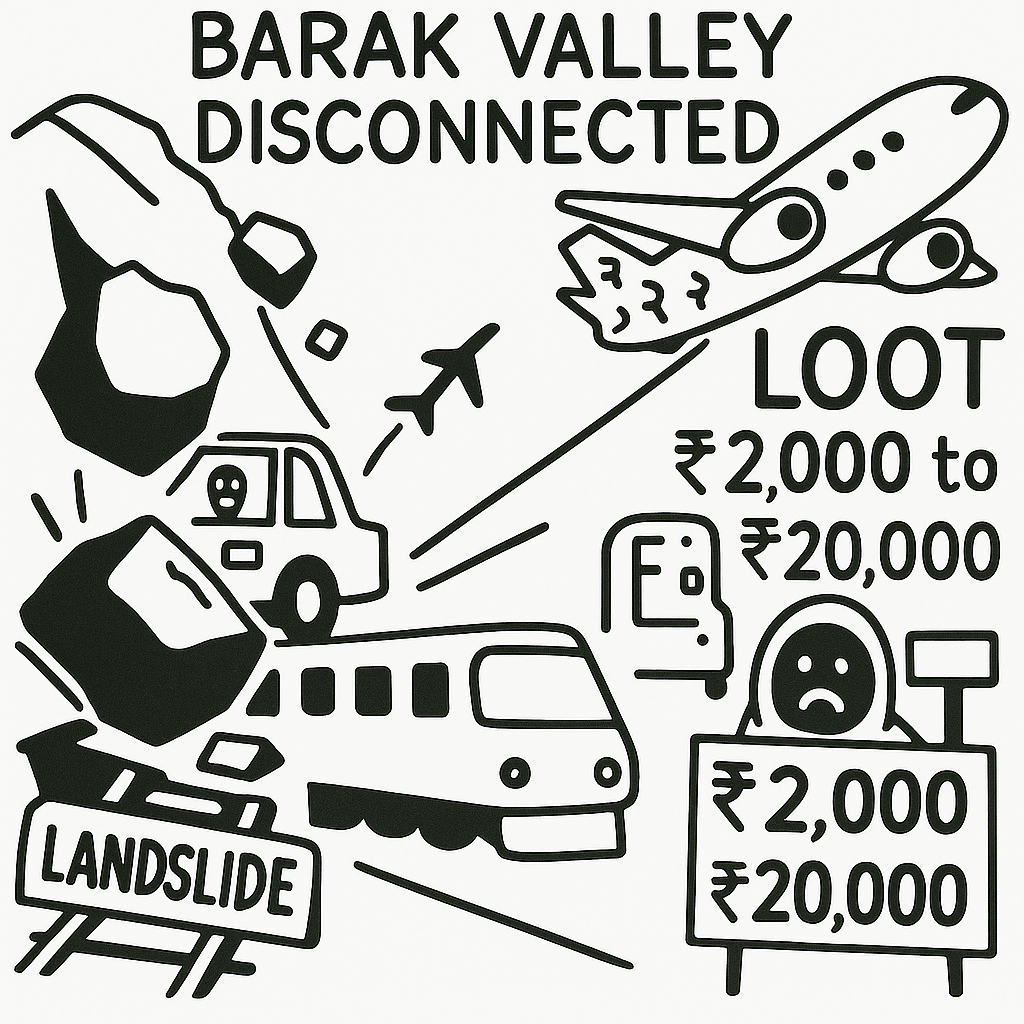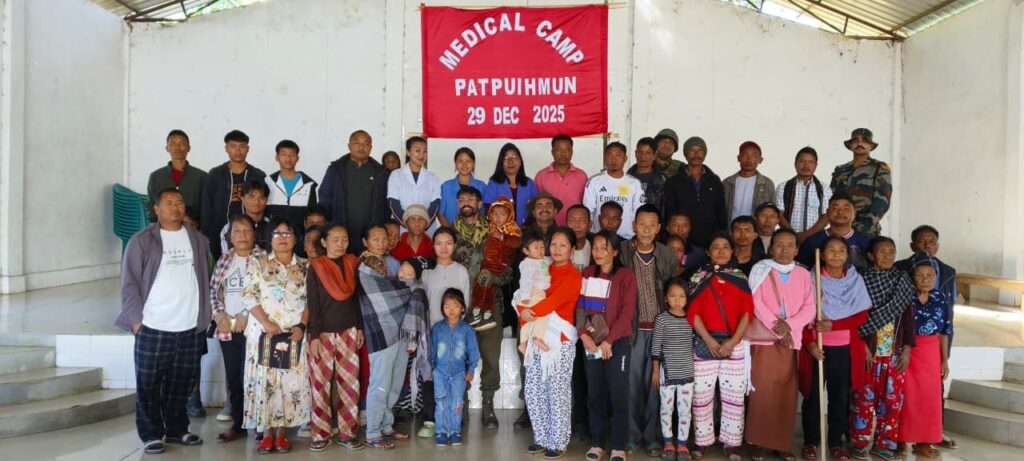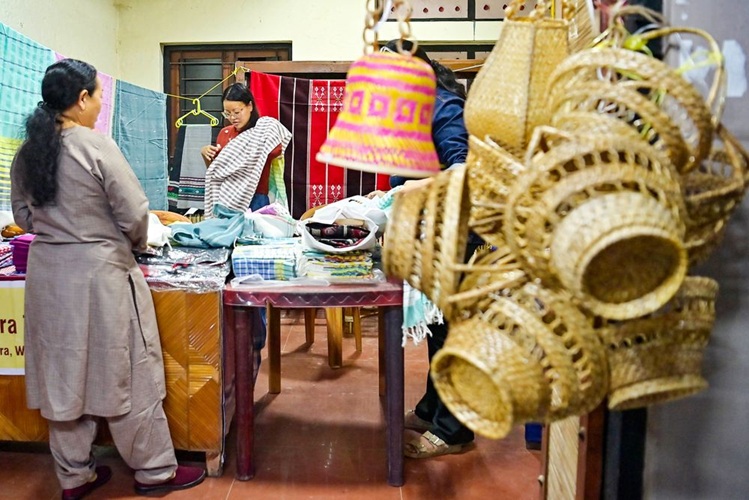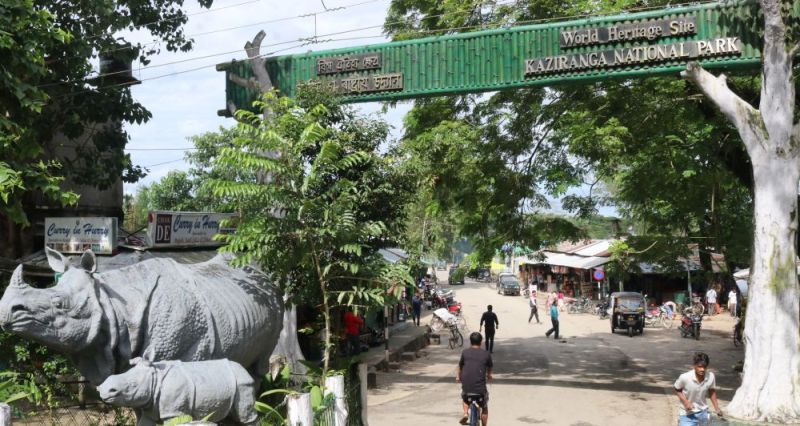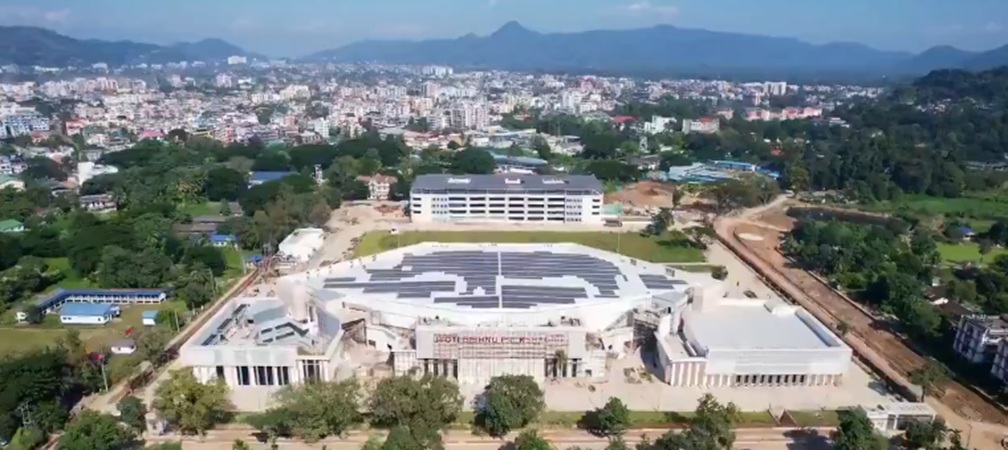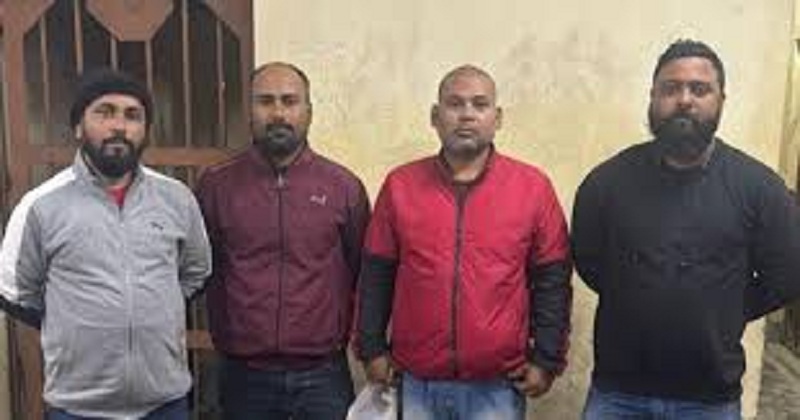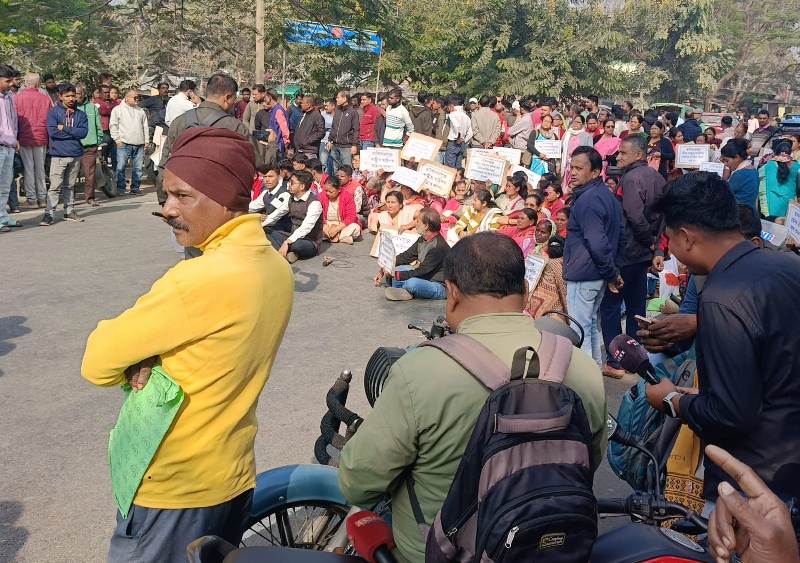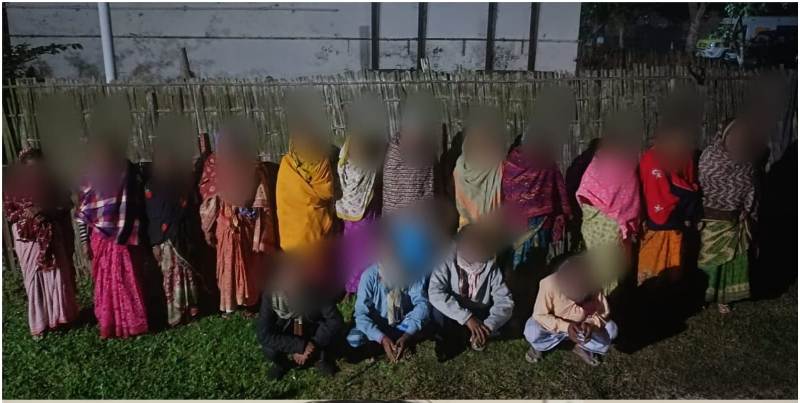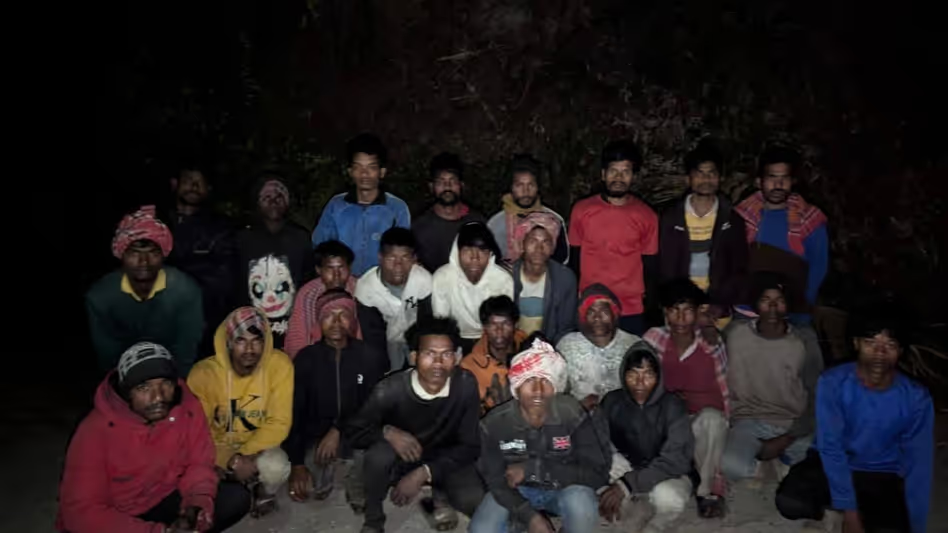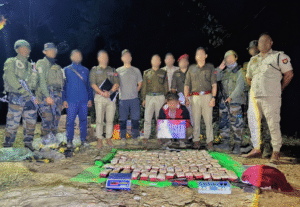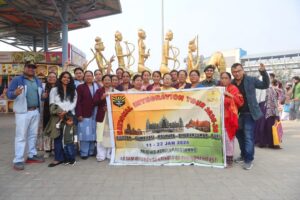The Waqf (Amendment) Bill, 2025 has been enacted into law with the assent of President Droupadi Murmu on Saturday. The Mussalman Wakf (Repeal) Bill, 2025, has also been approved by the president.
The legislative breakthrough was confirmed by way of an official government notification accessible for public record, reflecting the major progress being made in the central government’s reform agenda.
The passage of these bills in Parliament was characterized by intense debate and long hours. The Lok Sabha approved the Waqf (Amendment) Bill in the wee hours of Thursday, and then there was a 17-hour marathon session in the Rajya Sabha on Friday that ended with its approval. These prolonged deliberations reflect the importance and delicacy of the suggested amendments.
Prime Minister Narendra Modi called the passing of the bills a “watershed moment” for India. He underlined that these reforms are meant to promote more transparency, spur inclusive development, and empower communities that have long lingered on the periphery of economic and social advancement.
In a statement posted on the social media site X, Modi articulated that these changes in legislation signify a wider commitment to socio-economic justice and empowerment.
Union Minister Kiren Rijiju, who brought the bill in Parliament’s both houses, justified the stand of the government, stating the amendment honors the constitutional rights of citizens across all sectors.
He said the spirit behind the reforms was inclusive in the sense that there is no move to hit or target any religion or society-based group, but merely an effort towards building an inclusive system for societies as a whole.
However, the Waqf (Amendment) Bill’s passage has triggered a political row. A number of opposition leaders have questioned the purpose and meaning of the bill. Congress MP Mohammad Jawed and AIMIM chief Asaduddin Owaisi have filed a petition with the Supreme Court, contending that the bill is unconstitutional and discriminatory towards Muslims. The leaders have been afraid that the bill would undermine minority rights and undermine current legal safeguards for Waqf properties.
Reconciling with criticism, the government at the centre has reaffirmed its intentions with respect to justice and equality. It has stressed that the bill resulted from elaborate public debate and review in the Joint Parliamentary Committee, evidence of a democratic procedure.
The government continues to uphold that the changes were designed towards bringing about updates in Waqf management, ensuring governance becomes better and up to date, so as to govern the Waqf properties more transparently on behalf of the desired beneficiaries.
As the political and legal wars intensify, the Waqf (Amendment) Bill, 2025 and the Mussalman Wakf (Repeal) Bill, 2025 hold the power to influence the destiny of religious endowment rule in India, with profound ramifications for minority rights, property administration, and communal concord.


